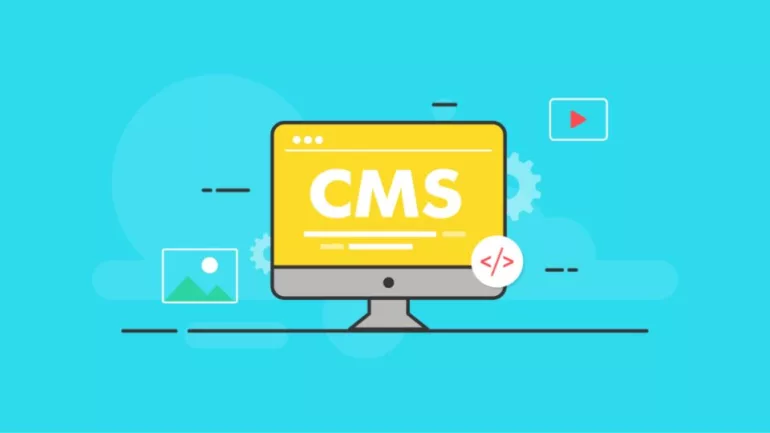A content management system (CMS) is a software application that provides users with the ability to create, manage, and publish digital content without the need for specialized technical knowledge. These systems are typically web-based, allowing users to access the CMS from any device with an internet connection.
The primary purpose of a CMS is to simplify the process of creating, storing, organizing, and publishing content. This content can include anything from text and images to audio and video files. A CMS typically includes a user-friendly interface that allows non-technical users to create and manage content, as well as the ability to store and organize content in a centralized repository.
There are many different types of CMS available, each with its own features and capabilities. Some popular CMS include:
WordPress: WordPress is the most widely used CMS in the world, powering over 40% of all websites. It is open-source software, meaning that it is free to use and can be customized to meet the specific needs of users. WordPress is easy to use and has a large community of developers who create and maintain plugins and themes to extend its functionality.
Joomla!: Joomla! is another open-source CMS that is popular for its ease of use and its ability to create complex websites. It has a large community of developers who create extensions and templates to extend its functionality.
Drupal: Drupal is a highly scalable and flexible open-source CMS that is well-suited for creating complex websites with large amounts of content. It is used by many government and educational institutions due to its security and stability.
Adobe eCommerce (formerly Magento): Adobe eCommerce is an e-commerce platform that is specifically designed for online stores. It is highly customizable and has a large community of developers who create extensions and themes to extend its functionality.
Shopify: Shopify is another popular e-commerce platform that is easy to use and provides a complete solution for creating and managing an online store. It is popular among small businesses due to its simplicity and affordability.
These are just a few of the most popular CMS available. The best CMS for a particular organization will depend on its specific needs and the size and complexity of its website. When choosing a CMS, it is important to consider factors such as ease of use, scalability, security, and the availability of plugins and themes.
In conclusion, a CMS is a powerful tool for managing digital content and simplifying the process of creating and publishing websites. With so many different CMS available, it is important to carefully consider the specific needs of your organization in order to choose the best solution.
- Unleashing the Power of InVideo AI: Revolutionizing Video Content Creation - September 9, 2023
- Jasper, the Best AI Summarizing Tool - May 5, 2023
- Tubebuddy: The Ultimate YouTube Marketing Tool - March 31, 2023











